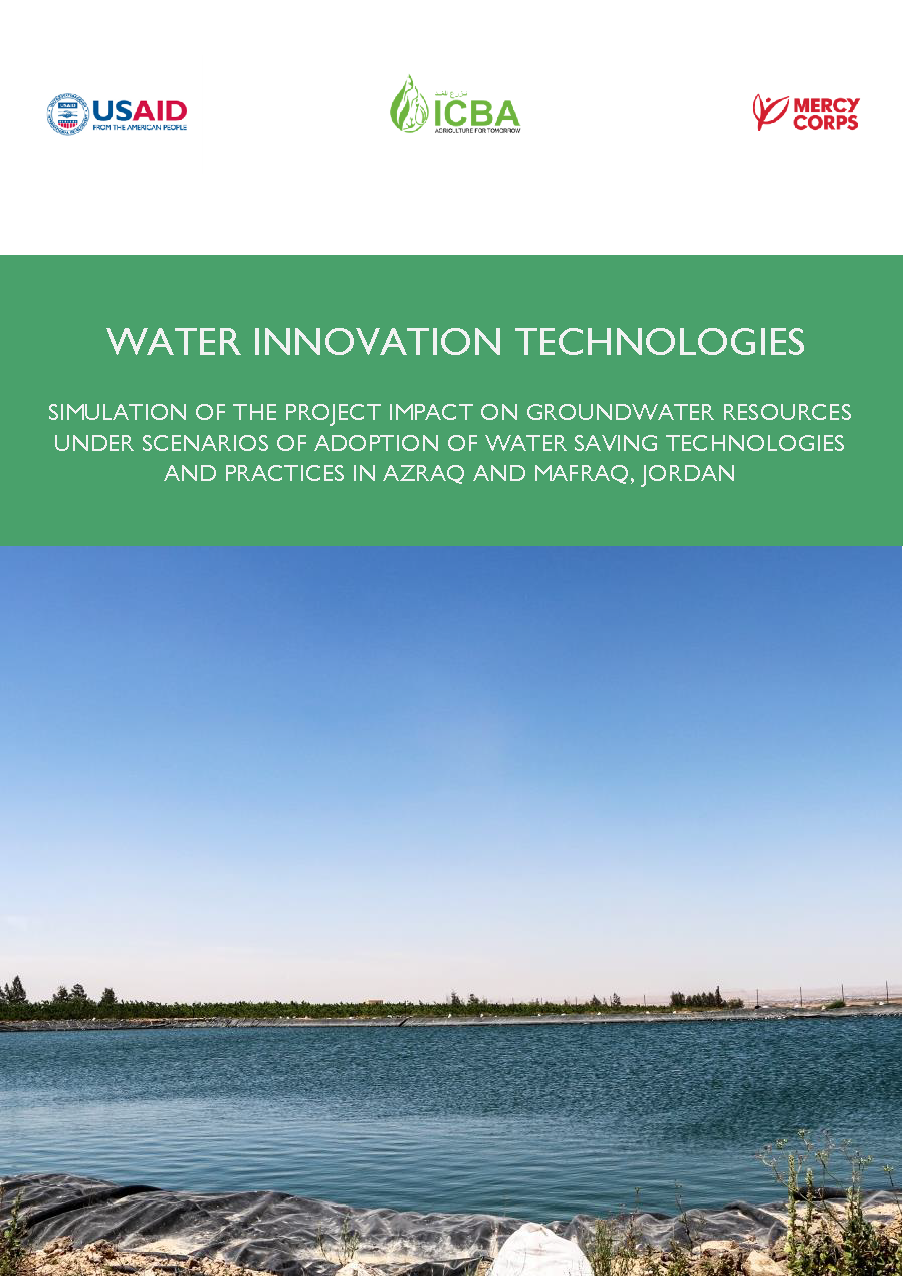Search Results
Russia’s War on Ukraine and Its Impacts on Global Resilience
The main expected effect of Russia’s war on Ukraine on global food security is its impact on grain and energy markets, as well as fertilizer supply. International food and fuel prices have increased sharply since the onset of the conflict, ultimately affecting local food prices and access to food. At the same time, grain and oil price hikes have increased the cost of humanitarian operations, reducing aid organizations’ ability to serve those in need when it is most required. Join ResilienceLinks, USAID's Center for Resilience, and TANGO International for a panel discussion on the implications of these supply shortfalls onVirtual Listening Session on the U.S. Global Water Strategy (GWS) 2022-2027
Join a virtual listening session on the U.S. Global Water Strategy (GWS) 2022-2027. The Water for the World Act of 2014 requires the Department of State and USAID to jointly deliver a whole-of-government U.S. Global Water Strategy by October 1, 2017, and every five years thereafter through 2027. The second iteration of the Strategy is due to Congress October 1, 2022. To inform this process, the Department of State and USAID, on behalf of the U.S. Interagency Water Working Group, are hosting a virtual listening session on the U.S. Global Water Strategy 2022-2027. This session is open to the public
Impact on Groundwater in Jordan to Water Savings Technologies
Authors:
Water Innovations Technologies Project |
ICBA
Sector Type:
Water, Sanitation, and Hygiene
Year Published:
2019